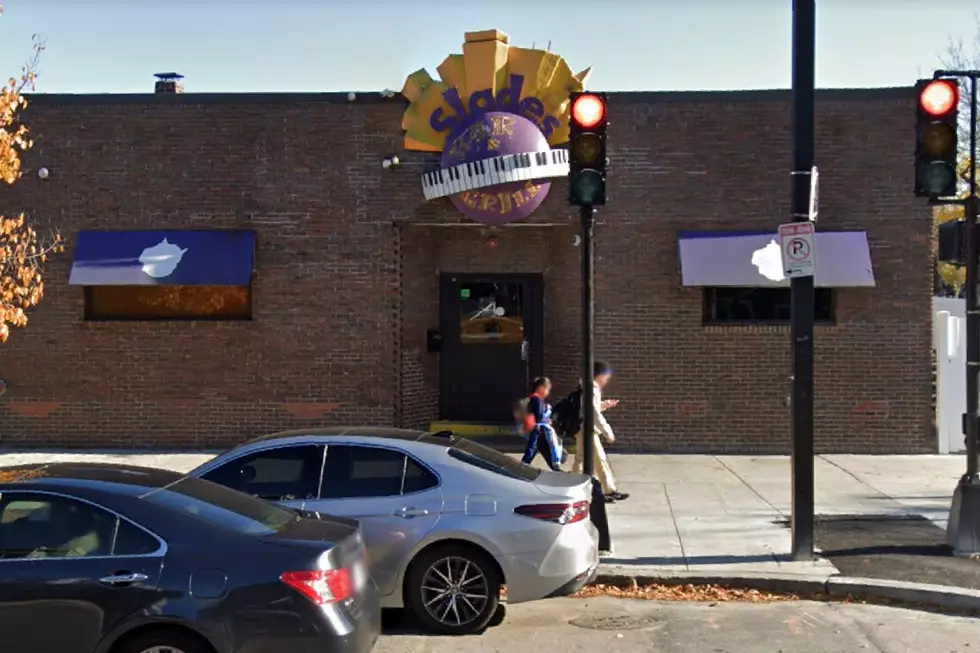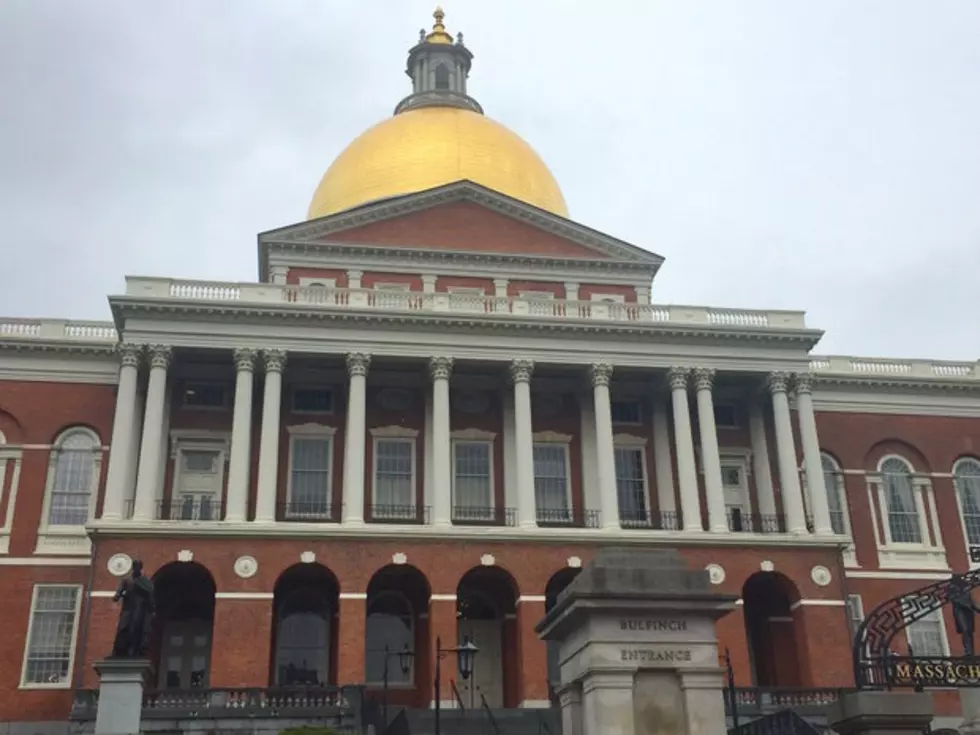
The Soul of Boston’s Soul Food
I came to know historic Slade's Bar & Grill in Boston back in the mid-70s, when J.J. Wright of WRKO and myself, Phil Palace from WEZE – radio station rivals and fierce competitors – headed over to Slade's for our soul food fix.
Wright was brought up in Louisville, Kentucky, and I learned about the birds and the bees in Hot Springs, Arkansas.
Both of us grew up with fried okra (pronounced okree in the South), oxtail dinner and deep fried catfish or chicken livers, with a sides of collard greens, black eyed peas and candied yams.

Recently, I wrote about The Negro Motorist Green Book that listed safe and out-of-harm's-way havens for Black families traveling the not-so-free freeways of a segregated United States.
Slade's was listed in the Green Book from 1936-1966 as a place of safekeeping and homemade soul food. It's been a historic centerpiece of accommodation since 1935.
Luminaries would seek out this famous soul food restaurant, such as Dr. Martin Luther King, Jr., Muhammed Ali and Ted Kennedy. In the 1960s, Celtics legend Bill Russell owned the storied tavern that has always remained Black-owned throughout its various owners.
Slade's Bar & Grill has come to be known as the African-American Cheers, and a landmark in downtown Boston. Considering past and present racial discord in Southie, Slade's has been bringing people together under one roof, since its beginning 87 years ago.
The BBQ ribs are grilled until the meat becomes succulent and tender enough to cut with a butter knife, and the well-seasoned and slow oven-roasted chicken wings ensure the chicken falls off the bone as well.
However, if you're a chicken wings lover, you must try their "crack" chicken wings. Crack chicken and fish breading is the secret behind these scrumptious and addictive fried chicken wings.
If you want to celebrate Black History Month in a delicious way, visit historic Slade's Bar & Grill at 958 Tremont Street in downtown Boston, where the sign says, " We ARE Black History!"
LOOK: 50 essential civil rights speeches
LOOK: A history of Black representation in movies
LOOK: 28 Modern Black History Makers & Moments
More From WFHN-FM/FUN 107









